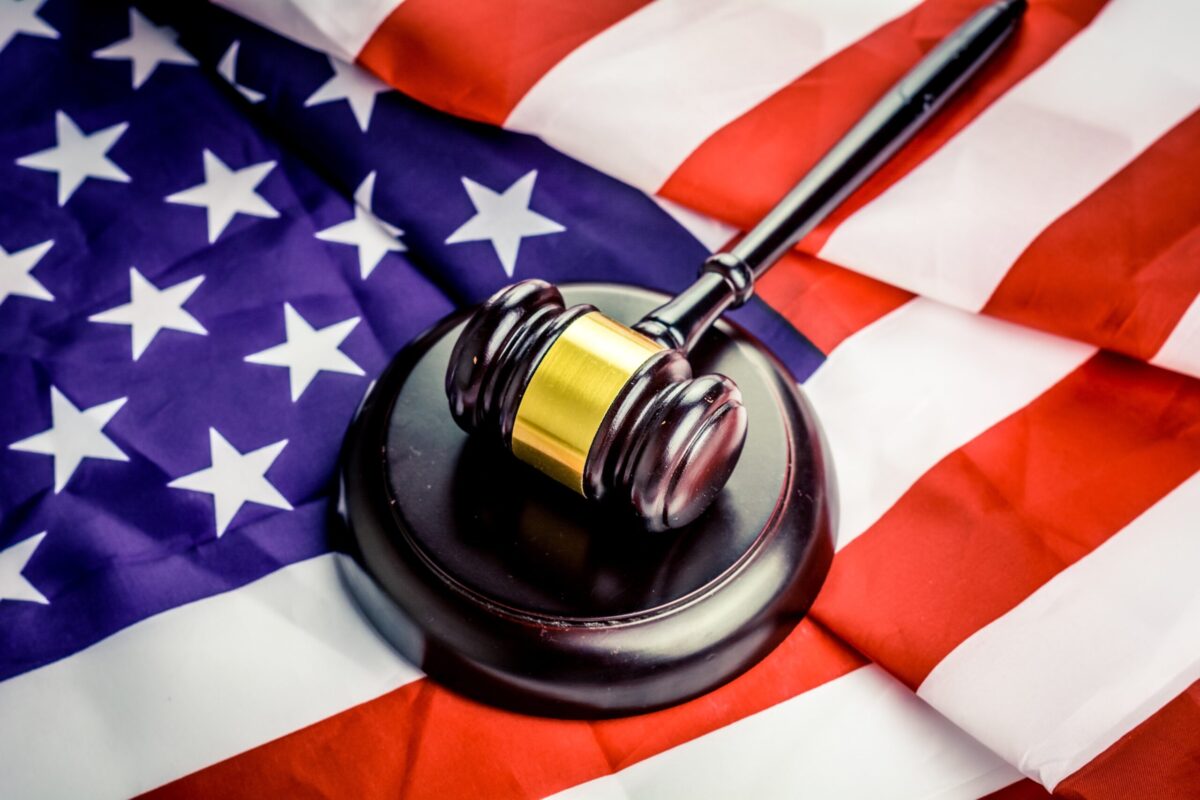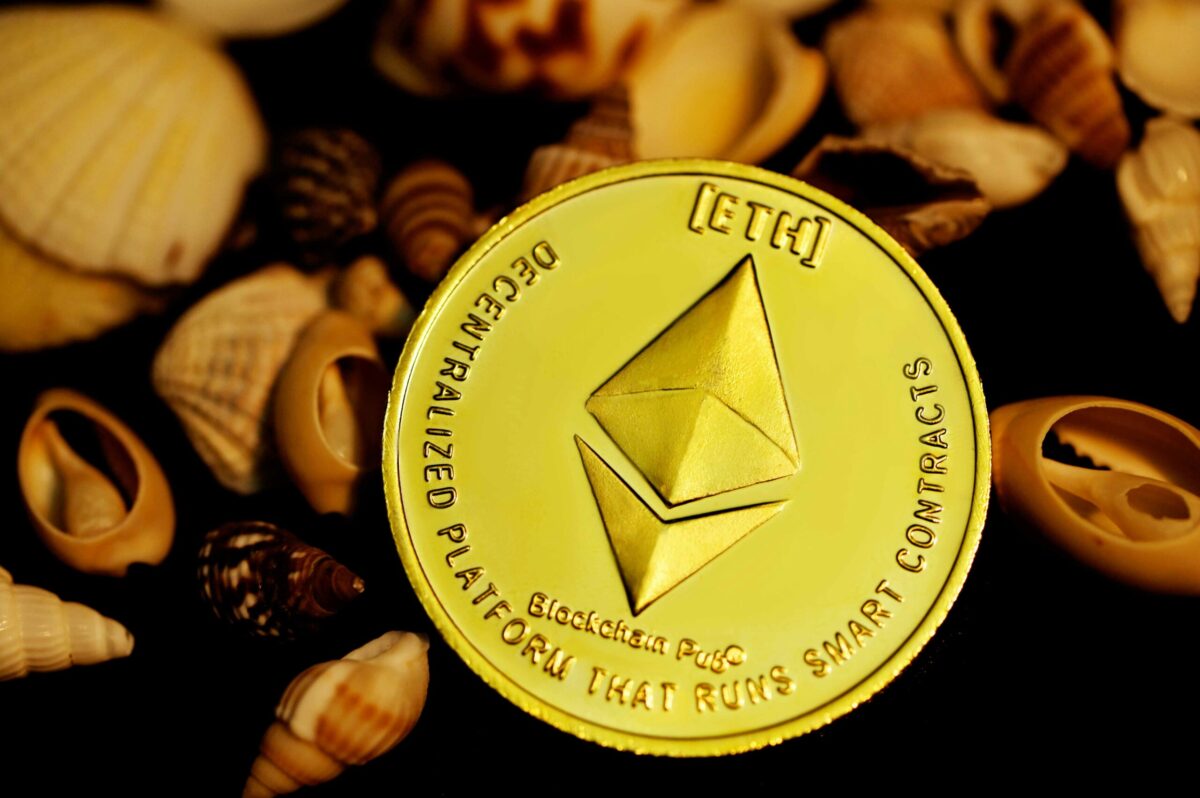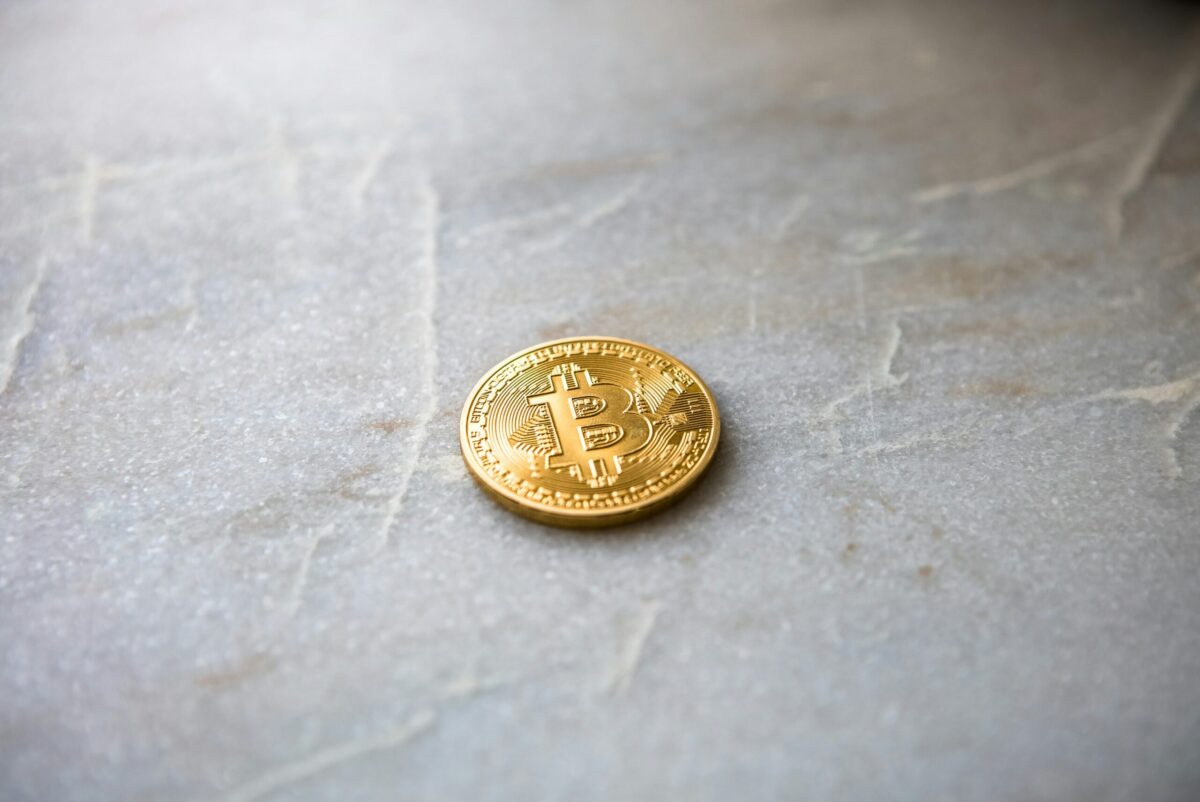After a month-long trial, the New York jury has found Sam Bankman-Fried guilty on all seven counts of fraud and conspiracy to commit fraud.
The prosecutors successfully made their case of the FTX founder looting around $8billion from the exchange’s users to exploit in a variety of purchases and investments, including real estate, sports sponsorships and venture investments.
The jurors started deliberating on the intricacies of the case after a long day of the court hearing closing arguments from both sides. “The verdict is unanimous, your honour”, said the group of 12 New Yorkers, reading out a guilty verdict.
Bankman-Fried was charged with wire fraud and conspiracy to commit wire fraud against FTX’s customers, wire fraud and conspiracy to commit wire fraud against Alameda’s lenders, conspiracy to commit securities fraud against FTX’s investors, conspiracy to commit commodities fraud against FTX’s customers and conspiracy to commit money laundering.
The founder is now expected to serve up to 115 years behind the bars. His tentative sentencing date has been set for 28 March 2024.
During his time at the stand, Bankman-Fried had denied the central charge of defrauding customers. However, he also admitted to making both small and large mistakes while running his cryptocurrency exchange, leading to the harm of many due to the exchange’s collapse.
The jury heard a total of 15 days of testimony. This featured former Alameda CEO Caroline Ellison, former FTX chief technology officer, Gary Wang, and former FTX director of engineering, Nishad Singh, who all claimed that SBF directed them to commit crimes.
The last day in court saw both the prosecution and defence laying out their final arguments in the case. They varied in contrast, from the former showcasing SBF to having been running a “pyramid of deceit” and to the latter claiming that the founder acted in “good faith”.
“It’s stealing, plain and simple”
Assistant US attorney Nicholas Roos was the first to present the closing arguments from the side of the Department of Justice (DOJ). He opened the same saying that there was “no dispute” FTX had “misappropriated and embezzled” billions of dollars worth of customer funds from the the exchange.
“That’s fraud. It’s stealing, plain and simple. Before FTX, there was Alameda,” Roos told jurors on Wednesday. He then called it a “pyramid of deceit by the defendant built on lies and false promises”.
The prosecutor extended three questions to the jury before they started reviewing the evidence and case: where the money went, what happened and who was responsible, repeating these questions several times.
“Now that you’ve seen all the evidence and heard all testimonies, you know the answer,” added Roos, pointing to Bankman-Fried.
He then started talking about the defendant’s former employees who had all quit when they got to know about the missing funds. In the prosecution’s case against SBF, nearly 20 witnesses testified saying that he deceived investors, customers and partners of FTX while commingling funds with Alameda Research.
Roos added to this: “Their understanding was, customer funds were not allowed to be used by FTX or anyone else. Customer funds belonged to customers.”
Speaking for the prosecution’s side of witnesses, Roos stated that Ellison had never worked for FTX, while Wang and Singh were just employees at FTX, and never Alameda. “So it couldn’t have been them alone,” Roos argued.
The attorney then shifted his focus to Bankman-Fried, calling him solely responsible for the collapse as he was the only person who was involved in and controlled both FTX and Alameda. “It was one person. The defendant,” said Roos, highlighting that SBF was the only one who had access to both companies.
“Real world miscommunications and mistakes”
When Bankman-Fried was giving testimony during his defence trial, he had admitted to making mistakes when he was at the helm of running the now-defunct crypto exchange, but did not intend to defraud customers.
His lawyer, Mark Cohen, stuck to the same outlook of portraying his client as acting in “good faith” throughout the mayhem at both FTX and its sister company Alameda Research.
The attorney spent time questioning the government’s depiction of Bankman-Fried on spinning a Hollywood tale about FTX that strayed from reality. He then tried to lower the credibility of key government witnesses like Ellison, Singh and Wang.
They all had confessed being guilty previously, taking government plea agreements that would drastically reduce their sentences in exchange for their cooperation.
“In a three-and-a-half-hour summation the government didn’t mention their cooperation agreements at all,” Cohen remarked.
The lawyer directed the jury to consider how Bankman-Fried had at one point pondered shutting down Alameda. According to him, if SBF is a criminal mastermind and Alameda is the key to the fraud to steal customer money, it didn’t make sense for him to propose closing it in the first place.
He requested an appeal for the jury to find Bankman-Fried acting in “good faith” throughout his time running FTX and Alameda and could therefore not be convicted of fraud. While SBF made many tough decisions when in power, some turned out well while some decisions turned out poorly, added Cohen.
According to his telling, it were the “real world miscommunications”, “mistakes” and “delays” that inflicted FTX and not intentional acts of fraud.
“Sam did his best to start and operate two multi-billion-dollar businesses in a new market,” said Cohen, concluding his closing arguments.
What is to follow now?
While the tentative sentencing date has been set for 28 March 2024, an appeal from Bankman-Fried seemed likely. After the verdict was out, defence attorney Mark Cohen gave an official statement saying that Bankman-Fried respects the jury’s decision. However, he “maintains his innocence and will continue to vigorously fight the charges against him”, added the lawyer.
Outside the courthouse, US Attorney Damian Williams proclaimed Bankman-Fried to have committed “one of the biggest financial frauds in American history”. He commented saying that “this kind of fraud, this kind of corruption is as old as time. We have no patience for it”.
It is now up to the judge, Lewis Kaplan, to determine what Bankman-Fried’s sentence will be. The seven charges in total carry a statutory minimum of 110 years, however, the judge has wide-ranging discretion to rule below or even above that guidance.
Bankman-Fried also faces a completely new trial next March on a second set of charges brought by prosecutors earlier this year. This includes alleged foreign bribery and bank fraud conspiracies.


